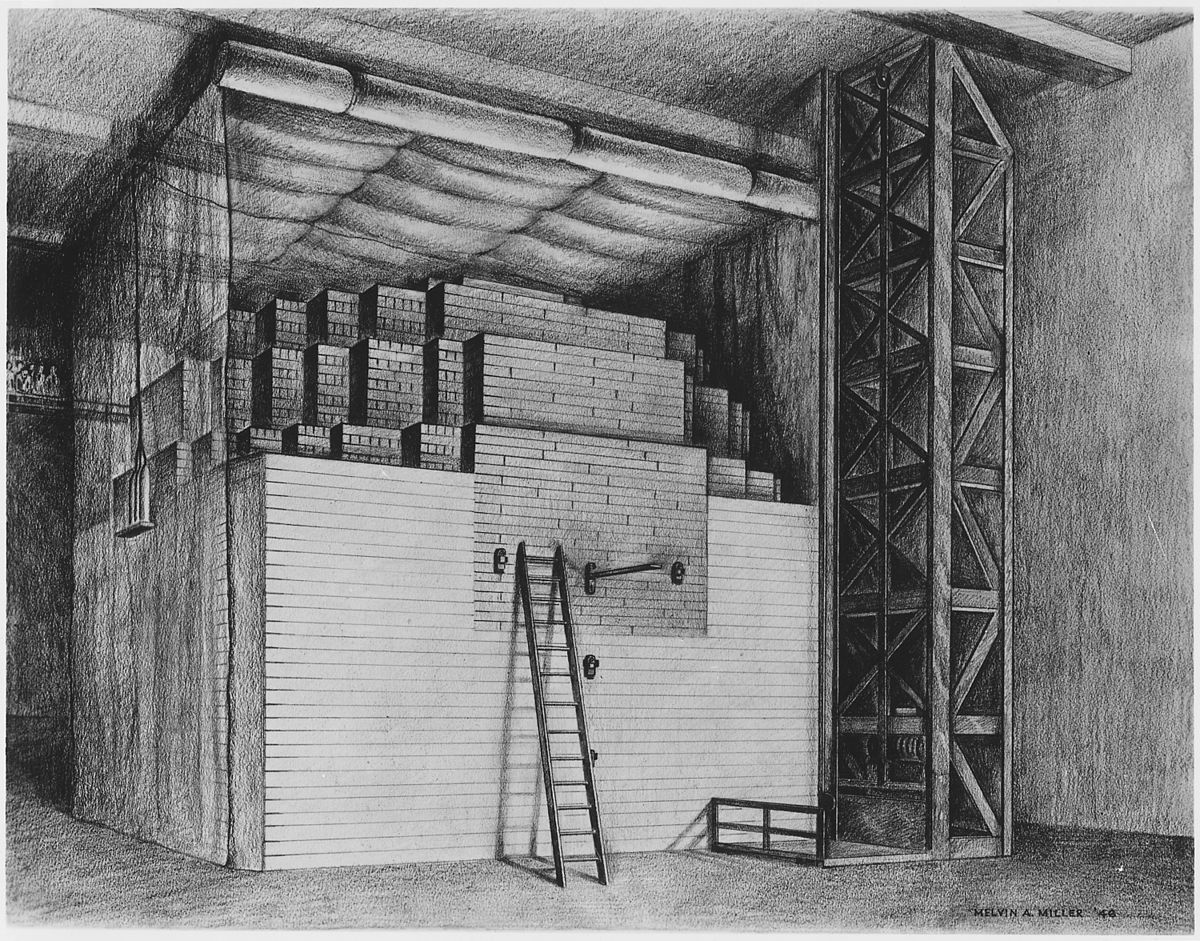steve_bank
Diabetic retinopathy and poor eyesight. Typos ...
The method is more of an outline than a procedure or guide.
The metfhod...
1. Hypothesis
2 Test hypothesis.
3. Accept hypothesis, done.
3 Adjust hypothesis.
4. Go to #1.
What is human creativity and inspiration.
tI can't be reduced to a philosophy or a method beyond generalities.
Read Descartes' book. I read it early on.

 en.wikipedia.org
en.wikipedia.org
Paraphrasing 'apply yourself to pproblems which can solved, leave the rest to the astrologers'. Astrology was a way mathematicians made an income.
The metfhod...
1. Hypothesis
2 Test hypothesis.
3. Accept hypothesis, done.
3 Adjust hypothesis.
4. Go to #1.
What is human creativity and inspiration.
tI can't be reduced to a philosophy or a method beyond generalities.
Read Descartes' book. I read it early on.

Discourse on the Method - Wikipedia
Discourse on the Method of Rightly Conducting One's Reason and of Seeking Truth in the Sciences (French: Discours de la Méthode pour bien conduire sa raison, et chercher la vérité dans les sciences) is a philosophical and autobiographical treatise published by René Descartes in 1637. It is best known as the source of the famous quotation "Je pense, donc je suis" ("I think, therefore I am", or "I am thinking, therefore I exist"),[1] which occurs in Part IV of the work. A similar argument without this precise wording is found in Meditations on First Philosophy (1641), and a Latin version of the same statement, "Cogito, ergo sum", is found in Principles of Philosophy (1644).
Paraphrasing 'apply yourself to pproblems which can solved, leave the rest to the astrologers'. Astrology was a way mathematicians made an income.

